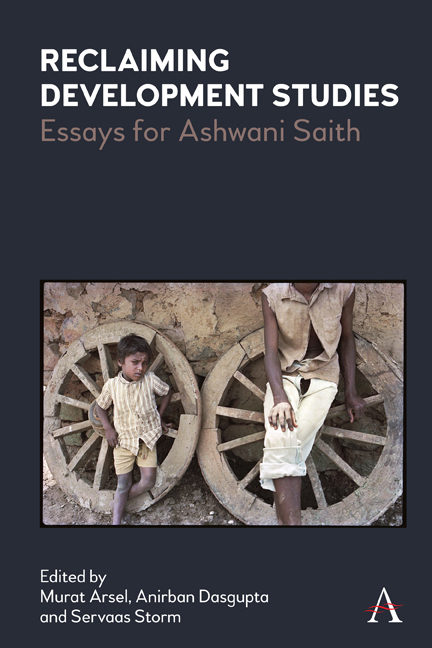Chapter Eleven - English as a Medium of Instruction in Indian Education: Inequality of Access to Educational Opportunities
Published online by Cambridge University Press: 23 February 2022
Summary
Introduction
The issue of language suffuses Indian education. This takes two forms. First, there is the question of how many languages students should learn at school and college. The second is the question of the language in which the main subjects taught should be imparted: this language is referred to in this chapter as the medium of instruction (MoI).
Language in India is considered to be not just a tool of learning but also a symbol of national, ethnic and regional identity. The Census of India (2001a) identified 122 languages that were spoken by more than 10,000 people in India and, of these, 22 are accorded a constitutional status by being included in Schedule VIII of the Constitution of India. Furthermore, Article 345 of the Indian Constitution states that these 22 languages can be ‘used for all or any of the official purposes of that State’ (Government of India, 1950). The Constitution recognizes Hindi as the official language of India for purposes of communication between union and a state. English is accorded the position of the ‘associate’ official language in states that have not adopted Hindi as their official language (Ministry of Home Affairs, 1963). The state is mandated by the Constitution to provide for primary education through the mother tongue (Jayaram 1993) and students are expected to learn three languages according to the policy of graded ‘three-language formula’ recommended by the National Commission on Education 1964– 66, and incorporated into the national education policies of 1968 and 1986.
The Education Commission (1964– 66) underlined the importance of English by emphasizing the study of English ‘as a language right from the school’ to enable students to successfully graduate from the university. The expectations from the schools, as observed by the commission, were to get students ready for college and a ‘successful completion of first degree courses’. The commission viewed a command over English as an important condition for success in higher education. Consistent with this recommendation, all-India (centrally funded) schools that admit students from across different parts of the country and private schools affiliated to nationally recognized education boards use English as their medium of instruction. However, government schools that are affiliated to the state education boards employ the regional language as the medium of instruction.
- Type
- Chapter
- Information
- Reclaiming Development StudiesEssays for Ashwani Saith, pp. 197 - 226Publisher: Anthem PressPrint publication year: 2021



